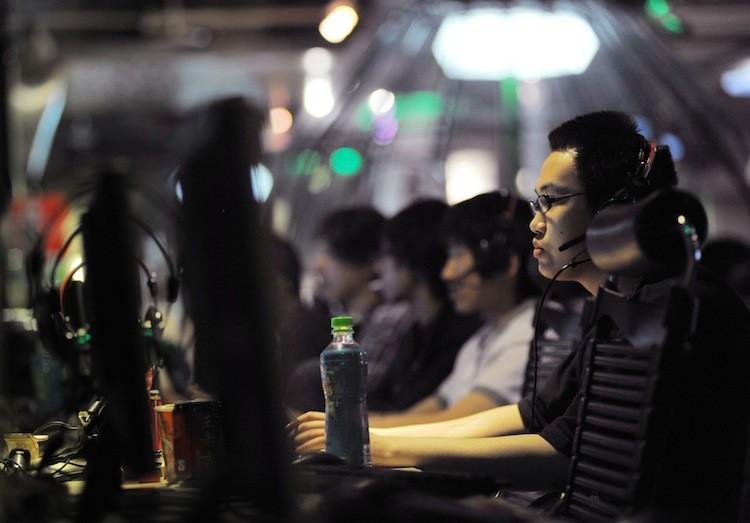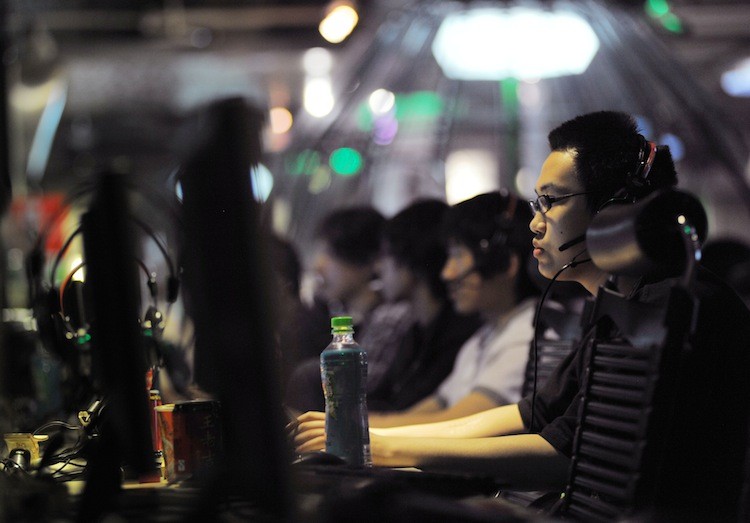Chinese Internet Control: A Wide Range of Methods
Reporters without Borders released on Wednesday a collection of recent Chinese Communist Party attempts at Internet censorship.

People at an internet cafe in Beijing, China in May 2011. China now has 485 million citizens capable of accessing the Web, more than any other country. Gou Yige/Getty Images
|Updated:





